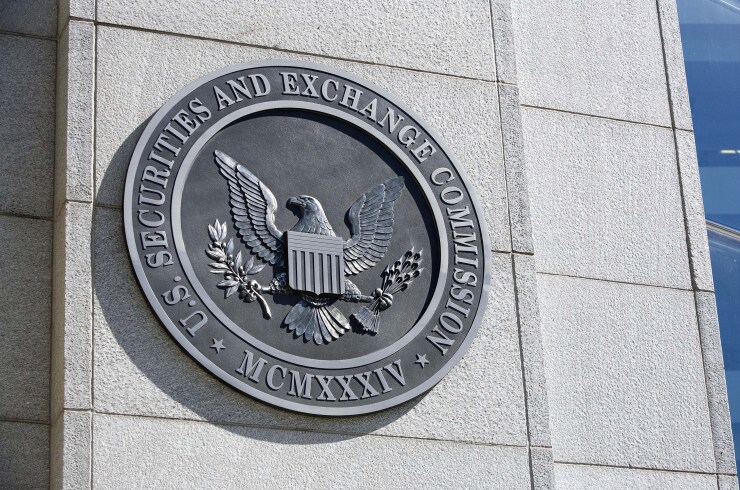Despite the myriad of economic assistance available through the recently passed legislative initiatives, there might still be the need for additional funding, according to Barbara Weltman, author of J.K. Lasser’s “Small Business Taxes 2020.” “A number of small businesses are turning to crowdfunding for support in order to stay afloat,” she said.
Crowdfunding — the process of raising money from a large number of people through the internet for projects, ventures, or donations — has grown in popularity in recent years.
“Over the last decade, crowdsourced online fundraising has become increasingly widespread,” said Joyce Beebe, a fellow at Rice University’s Center for Public Finance. “The proliferation of online digital platforms — including GoFundMe, Indiegogo, Kickstarter and Fundrise — connect like-minded individuals to make financial contributions toward various projects.”
However, despite the popularity of crowdfunding activities, tax-related considerations are often overlooked because of their novelty, she indicated.
Three types of crowdfunding include donation-based crowdfunding, reward-based crowdfunding, and equity-based crowdfunding, according to Beebe.
“Small businesses looking for help would likely [use] donation-based or reward-based crowdfunding,” she said. “The difficulty is how to stand out when thousands of others are making similar requests.”
The tax implications of crowdfunding on both donors and recipients are still evolving, she observed. “For donors, only donations to qualified charitable organizations are tax-deductible,” she said. “Therefore, no matter how charitable the intent or outcome, donors who make payment on GoFundMe cannot claim these funds as charitable contribution deductions on their tax returns. In addition, donors are subject to the annual $15,000 gift tax exemption limit, although typical donations typically are in much smaller amounts — from $20 to a few hundred dollars.”
“Although there are different opinions as to whether the platform needs to issue Forms 1099-K, it’s generally agreed that the funds are nontaxable gifts to the recipients, and they do not have to report anything on their returns,” Beebe said. “To avoid confusion, fund recipients should keep good records to demonstrate to the IRS the nature and source of the funds,” she said.
Unlike donation-based crowdfunding, backers of reward-based crowdfunding receive goods or services in return for their payments, according to Beebe.
“Reward-based crowdfunding is gaining popularity among small entrepreneurs,” she said. “It allows them to provide rewards such as simple thank-you notes, T-shirts, concert tickets or a promise of the future delivery of a product. An early version of a video game might be offered at a 50 percent discount. The proceeds of reward-based crowdfunding are considered taxable business income instead of gifts.”
“Let the buyer beware” is good advice for would-be contributors, according to Beebe. “If it’s donation-based, you’re not requesting anything in return — there are no strings attached,” she said. “But recent federal and state investigations have revealed several instances of fraud in reward-based crowdfunding.” The Federal Trade Commission recently charged an individual with operating a deceptive crowdfunding scheme — for instance: The used both Indiegogo and Kickstarter for the development of a high-tech backpack, but failed to deliver it after raising more than $800,000 and using most of the money for personal expenses.

In equity-based crowdfunding, the backers receive an ownership stake in an enterprise in return for their contribution. The Jumpstart Our Business Startups, or JOBS Act, of 2012 created an exemption that allowed an exemption to the normal requirement to register with the SEC. “This allowed non-accredited investors, typically with lower income and wealth levels, to participate," according to Beebe.
“Such investments became popular after the SEC drafted final rules which were effective in May 2016,” Beebe said. “In 2013, a Silicon Valley start-up accelerator created the Simple Agreement for Future Equity — SAFE — which is an agreement between an investor and a start-up for future equity if certain triggering events occur.”
At the end of 2018, a quarter of crowdsourced funds were offered through SAFEs. “There is currently a debate about how these should be taxed,” she said. “The growth of equity-based crowdfunding makes the Simple Agreement for Future Equity a popular option for investing in start-ups or early stage companies, However, the SEC cautions that SAFEs may be neither simple nor safe.”





